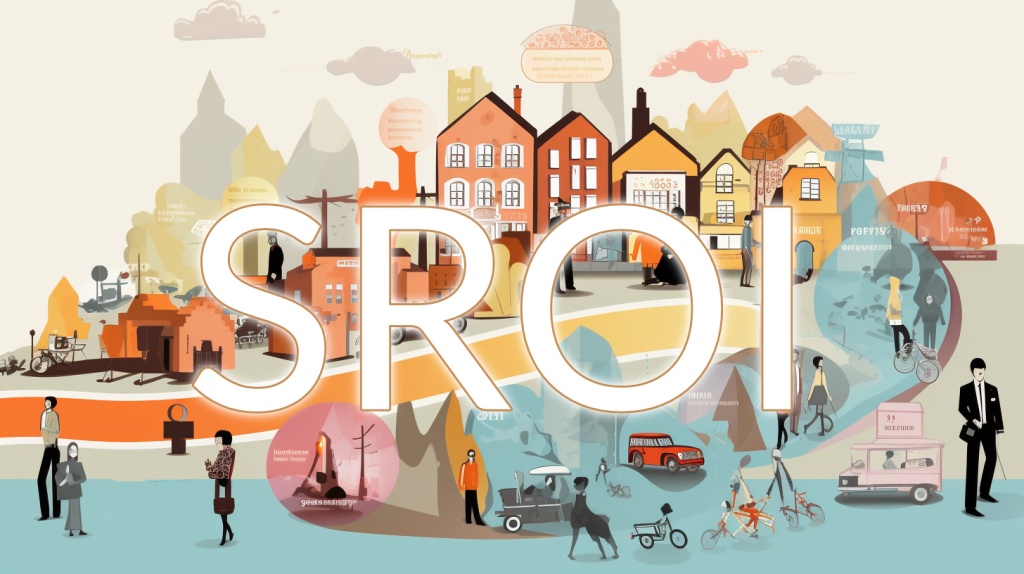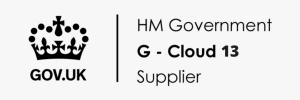Social Return on Investment (SROI) is a methodological framework that allows organisations to measure and communicate the full value of their impact beyond the traditional financial metrics.
It captures the social, environmental, and economic outcomes, providing a more comprehensive view of the value created by projects and initiatives. This approach is crucial in today’s world, where the importance of sustainable and equitable growth is increasingly recognised.
The Essence of SROI
SROI is not just about measuring impact; it’s about understanding the broader implications of our actions and investments. It challenges organisations to think beyond the immediate financial returns and consider the long-term benefits to society and the environment. By assigning monetary values to these outcomes, SROI facilitates a common language of value, making it easier to communicate the importance of non-financial impacts.
The Six Stages of SROI
The process of calculating SROI is detailed and nuanced, involving several critical steps:
- Establishing Scope and Identifying Key Stakeholders:
This initial stage sets the boundaries for the SROI analysis and ensures that all relevant voices are heard. - Mapping Outcomes:
Identify what changes are a result of the activity and who experiences these changes. - Evidencing Outcomes and Assigning Value:
Collect data to demonstrate these changes and use financial proxies to assign them value. - Establishing Impact:
Determine which outcomes can be attributed directly to the project, considering what would have happened anyway. - Calculating the SROI:
Use the information gathered to calculate the ratio of value created to the investment made. - Reporting and Using the Findings:
Communicate the results in a useful way for stakeholders and use the insights gained to inform future actions.
Practical Application and Case Studies
Understanding SROI through real-world applications and case studies is invaluable. East Riding of Yorkshire Council’s social value journey over the past decade provides a compelling example of how SROI can be applied to measure and demonstrate the value created by social initiatives. Similarly, insights from Leeds City Council showcase the practical application of maximising social value delivery in a procurement context. These examples highlight the versatility of SROI across different contexts and its ability to capture the unique value of each project.
The Wider Policy Context
The relevance of SROI extends into the wider policy arena, particularly in light of austerity measures and the Social Value Act. This act encourages public sector organisations to consider the financial cost and the social value generated by their procurement decisions. SROI plays a critical role in this process, offering a framework for quantifying social value in a way that can inform policy and decision-making.
Challenges and Opportunities
While SROI offers a powerful tool for measuring social value, it has challenges. Collecting robust outcomes data, navigating the complexities of assigning monetary value to social outcomes, and ensuring the process is inclusive and transparent can be daunting tasks. However, the potential benefits of adopting SROI are significant. It can enhance performance, inform expenditure, and highlight the added value of projects, making it an invaluable tool for voluntary and community organisations, businesses, commissioners, and funders alike.
Conclusion
Social Return on Investment represents a paradigm shift in assessing and communicating the value of social and environmental initiatives. By embracing SROI, organisations can make more informed decisions, demonstrate their impact more effectively, and contribute to a more sustainable and equitable world. The Social Value Engine supports organisations in measuring SROI, providing the tool and guidance needed to harness the full potential of this approach.
With the support of our platform and through the lens of successful case studies like those of East Riding of Yorkshire Council and Leeds City Council, organisations can navigate the complexities of SROI, ensuring that they can effectively measure and communicate the full extent of their impact.
This approach to measuring and valuing impact is not just about numbers; it’s about telling the story of change and making a compelling case for the broader benefits of social investments. As we move forward, SROI principles and practices will play a crucial role in shaping a sustainable future that is inclusive for all.





